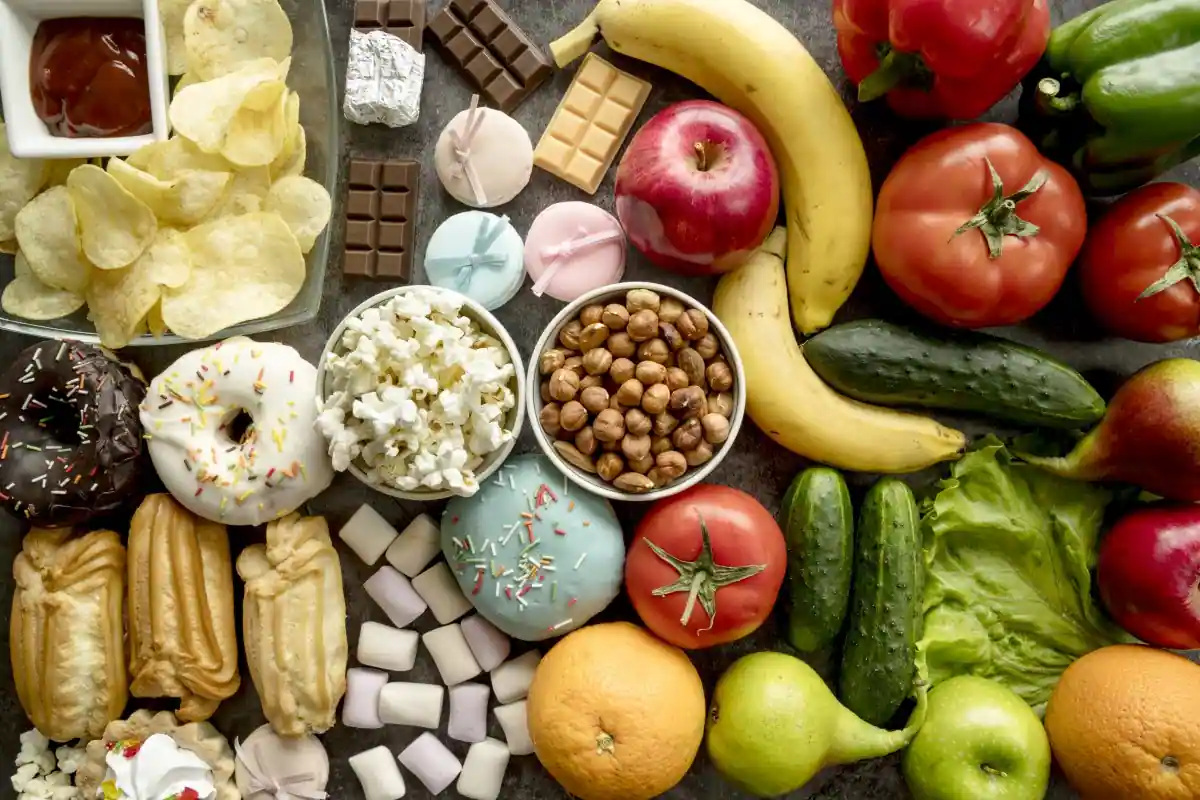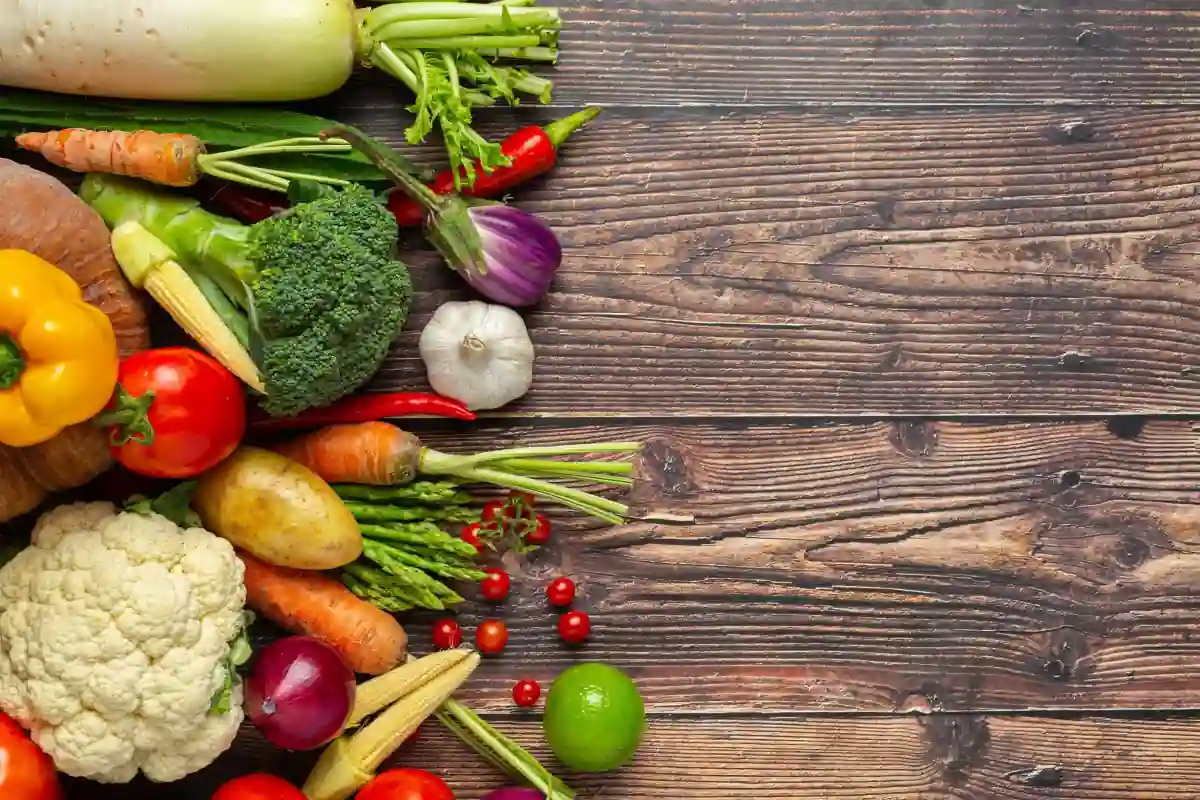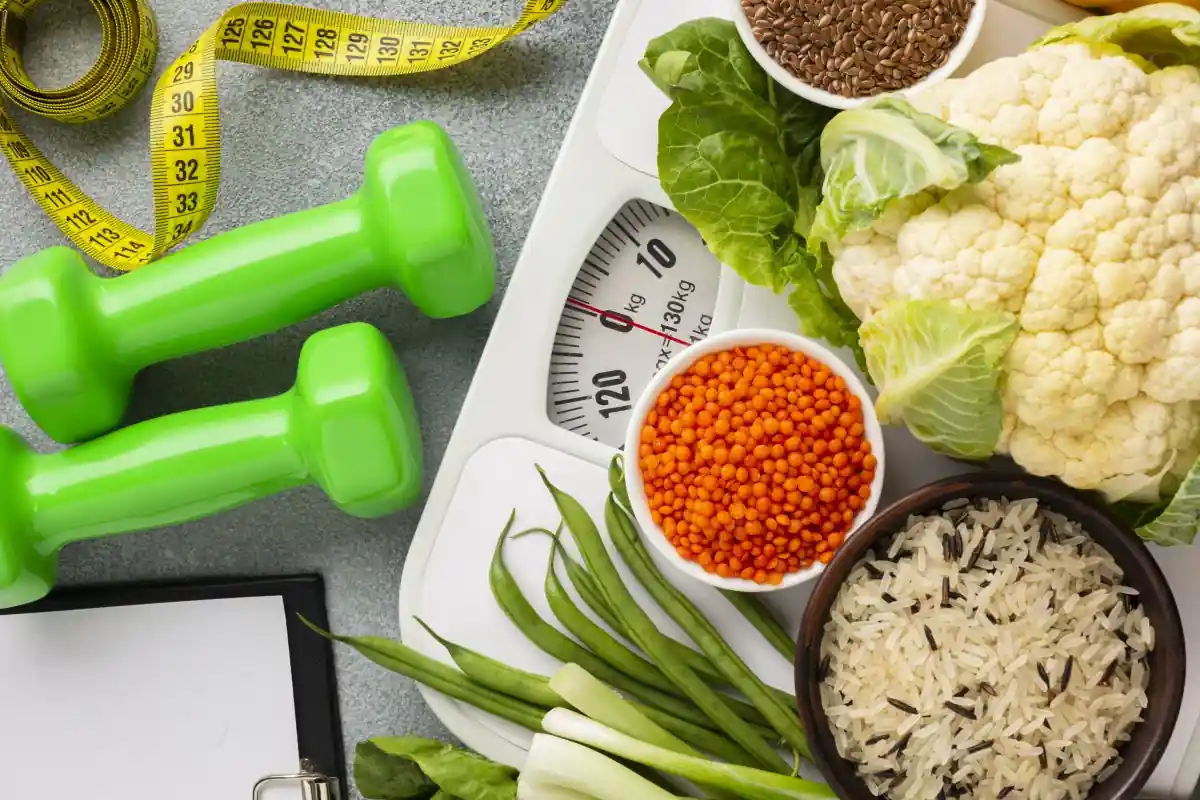
A WFPB Diet Guide
WFPB which stands for Whole Food Plant Based is a way of eating that centers around eating food from plants in their closest form to how they are found naturally. There are other considerations too like limiting excess salt, oil, and sugar. Why would you want to eat like this? For one it’s the diet that is scientifically proven to be the most effective at weight loss and for keeping that weight off after losing it, you can read more about that here. It’s also the diet associated with reducing and reversing heart disease, preventing Alzheimer's, reducing risk of cancer, diabetes, and the list goes on and on.
What can you eat though? Below I have a list where I have classified foods into four different categories. The first two are where you should be eating from and the last two are foods you should aim to avoid, either partially or completely. Note that this list is a personal one and some might disagree with the placement of certain items, but this is what I have personally found to be the most helpful for myself.
Category 1 - Unlimited
This is the food that you can eat basically as much of as you want. Due to their low calorie density and often high fiber contents it’s basically impossible to overeat this stuff: your stomach will fill up before you would consider it to be over-eating. These foods are also very nutrient dense and can be full of other great things like antioxidants.
-
Fruits
-
Vegetables
-
Dark Leafy Greens
-
Squashes (including sweet potatoes)
-
Legumes (minus peanuts)
-
Minimally Processed Legume Products
- Tofu
- Tempeh
- Hummus
-
Whole Grains
-
Mushrooms
-
Herbs and Spices
-
Water
-
Coffee
-
Black and Green Tea
I have listed herbs and spices in this list. Just because food is healthy does not mean it needs to be bland. Season your food and enjoy it! Plus, some herbs and spices have all sorts of other health effect, like cinnamon, which contains a compound that causes you to release a small amount of adrenaline after consuming it - so you burn more calories for a little while after. Neat!
I have also included liquids in this guide. This category is where you’ll find water, coffee, and tea. So lovers of caffeine rejoice, changing how you eat does not mean giving up that morning coffee. Both coffee and tea have been proven to be good for your health, but what if you don’t like caffeine? Don’t worry decaf of both is just as good.
Category 2 - Measured
Right off the bat I want to make it clear, nothing in this category is stuff you should be looking to phase out of your diet, everything here is good for you, and should be consumed. There are just certain things about them that mean you want to eat them smartly, or measured. So as long as you have a reasonable amount, then there is no problem.
-
Nuts and Peanuts
-
Seeds
-
Nut and Seed Butters
-
Plant Based Milks (minus coconut)
-
Whole Grain "Processed Items"
- Bread (can be other grains like rye or pumpernickel)
- Pasta
- Noodles
- Wraps
-
White Potatoes
-
Seitan
-
Avocados
-
Whole Coconut
-
Dates
-
Black Strap Molasses
-
Dried Fruit
-
Seaweeds
-
Olives
-
Fermented Foods
- Kimchi
- Miso
- Sauerkraut
Why should these items be measured? Some of these items are very calorie dense like nuts, seeds, and their respective butters. But they also contain lots of minerals and omegas. There are also some high calorie fruits and vegetables like white potatoes, avocados, whole coconuts, dates, and other dried fruits. These are all great in moderation. Processing dates into a powder or syrup is a great way of adding sweetness to desserts while still eating whole foods.
Certain other foods are very high in salt like olives or fermented stuff like kimchi and sauerkraut. These do contain probiotics though which are good for your gut.
A note on seaweeds, they are here in the measured category because they contain iodine. Your thyroid needs iodine to function properly which makes these a great source of that. However, some seaweeds like kelp contain massive amounts of it and too much is also not good for you, hence the measured category.
Category 3 - Alternatives / Transitional
These are foods that you really should be avoiding. However if your only other option is something from Category 4, then it would be better to have one of these instead. They can also be helpful if you are finding switching to a WFPB diet a little difficult, and you’re looking for some alternatives to foods you’re a bit more used to.
-
Coconut Products
- Milk
- Yogurt
- Ice Cream
-
Vegan Meat and Cheese Alternatives
- Sausages
- Burgers
- Fake Meat
- Vegan Cheese
-
Monounsaturated Oils*
- Extra Virgin Olive Oil
- Avocado Oil
Processed coconut products find their way here because coconut fat without the fiber content of the coconut flesh, has similar effects on your cholesterol levels as animals fats do. It is slightly better though, so it can be considered in Category 3.
Vegan meat and cheese alternatives are located here too. How could a vegan sausage be better than a regular sausage? Aren’t both highly processed? Yes, but the vegan sausage will still contain no cholesterol and is not a known carcinogen. Read more about that here.
Category 4 - Avoid
Finally we arrive at the bottom of the list, the foods that do not love you back. All of these are problematic, causing weight gain, and all the lifestyle diseases that come with that weight gain. They cause inflammation, and they can be very nutrient deficient for the amount of calories that you are consuming.
-
Red and White Meat
-
Fish and Shellfish
-
Dairy
-
Eggs
-
Sweeteners
- Maple Syrup
- Honey
- Agave
- White and Brown Sugar
-
Processed Foods
-
Refined White Grains
-
Alcohol
-
Polyunsaturated Oils*
- Canola
- Vegetable
- Peanut
Does it really matter if you consume these sometimes? Even in the “Blue Zones” places in the world with a far higher than expected amount of centenarians, they sometimes ate this stuff. Sure, but they ate really small amounts of them and the longest lived groups and people even in these places were those who ate less of these and more of the things in the first two categories.
*A note on oil: Every tablespoon of oil contains 120 calories, it’s basically the most calorie dense thing you can eat, and even extra virgin olive oil provides almost no nutrients. This being said, if a small amount of extra virgin olive oil, that you have measured out to ensure you are not putting on too much gets you to eat your vegetables, your salads, or lets you enjoy air fried tofu, then by all means use that small amount - I still do. You just need to be extra careful with it, which is why it wasn’t placed in category 2. Also don’t be fooled by spray oils where they list 0 calories, they list a minuscule serving size that is so small that no one would ever use that little. They have the same calories as the oil you pour.


